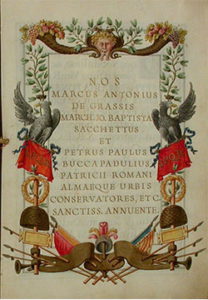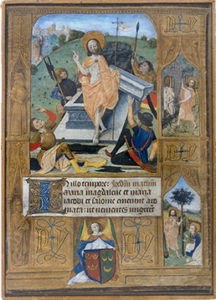Ducal Palace Library
The Ducal Palace Library is divided into two sections: Reserves and General Collection. It also contains a Newspaper and Periodicals Library. The terms and conditions for Readers are set out in the Rules of Conduct.
The Reserves is comprised of the King Manuel II Library and items acquired by the foundation to complement the king’s collection and to preserve documents of great importance to Portuguese history.
In 1920, the king began to gather monographs and documentation while preparing to write a history of his 16th century namesake in the hopes of shedding new light on the problem of the expulsion of the Jews.
As the project developed, a sizeable number of books from the 16th century were collected, out of which emerged the idea of creating a collection of old Portuguese books from the 15th and 16th centuries. This idea grew to such an extent that it culminated in one of the finest collections of 16th century Portuguese publications. The size of the collection is rivalled only by that of the National Library and the Évora Public Library. However, it is the quality of its titles that is beyond parallel, many of whom are sought after for the production of facsimiles.
In 1929, the first volume of the catalogue “Livros Antigos Portugueses…” [Old Portuguese Books] was published in a bilingual (Portuguese and English) edition. This was followed by a second volume in 1932. After the king’s death in 1932, the third volume was eventually completed by his secretary Miss Margery Witerhs. The first two volumes are unmatched for their iconography and their studies of the works the king came to acquire and investigate.
The quality and erudition of King Manuel II’s collection places it among the finest in the history of Portuguese books, comparable only to that of Barbosa Machado or António Joaquim Anselmo. Highlights of the collection include “Vita Christi”, dating from 1495, the 1514 “Ordenações Manuelinas” [Manueline Ordinations], the works of Pedro Nunes from as early as 1537, the works of Damião de Góis from 1543 onwards, and works by João de Barros, André de Resende, D. Jerónimo Osório and Friar Heitor Pinto.
Particularly noteworthy is its ‘Camoniana’ collection – perhaps the most complete 16th century edition of the works of Portugal’s greatest poet, Luís de Camões. Sadly, given the king’s fondness for this portion of his library, he did not live long enough to carry out a study for the third volume in which these works would appear.
The titles the foundation has acquired to complement the king’s collection are also of a high calibre: they include “Constituições do Bispado do Porto” [Constitutions of the Bisphopric of Porto] from 1497, the first incunabulum produced by a Portuguese printer; “História…do Descobrimento e Conquista da Ìndia” [History … of the Discovery and Conquest of India] by Fernão Lopes de Castanheda; “A Crónica do Condestável” [Chronicle of a Warden of the Kingdom], a 1526 first edition of the book attributed to Fernão Lopes; and various works by Friar Luis de Granada and Friar Heitor Pinto.
In addition to 15th and 16th century publications, the foundation has acquired a number of highly valuable manuscripts, including “Livro de Menagens” [Book of Donjons] by King Manuel I; “O Livro das Sentenças” [Book of Sentences], written for D. Sebastião; a letter from Patrício Romano given to Bishop D. José Maria da Fonseca; a bible in parchment from the 13th century; a 16th century Book of Hours in parchment; and various Manueline charters procured from the book market. The section also includes a significant collection recently purchased by the foundation: the Archives of the Marquis of Soveral.
Titles kept in the Reserves can be consulted in the reading room during library opening hours (Monday to Friday from 10AM to 1PM and 3PM to 6PM), after prior authorisation has been granted by the Administrative Council.
The General Collection is comprised of more than 50,000 volumes and has a special focus on History and Art History.

Quick Links
Head Office
Casa de Massarelos, Estrada da Gibalta
2760-064, Caxias
Paço Ducal
Newsletter
Fundação da Casa de Bragança © 2020
Privacy Policy | Cookies Policy






